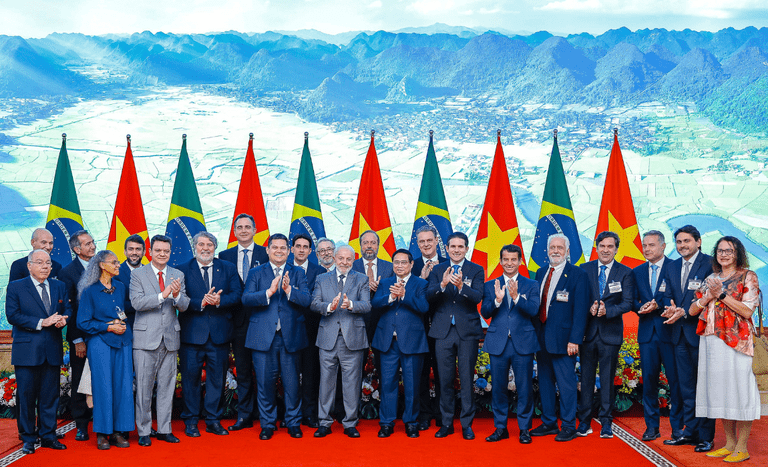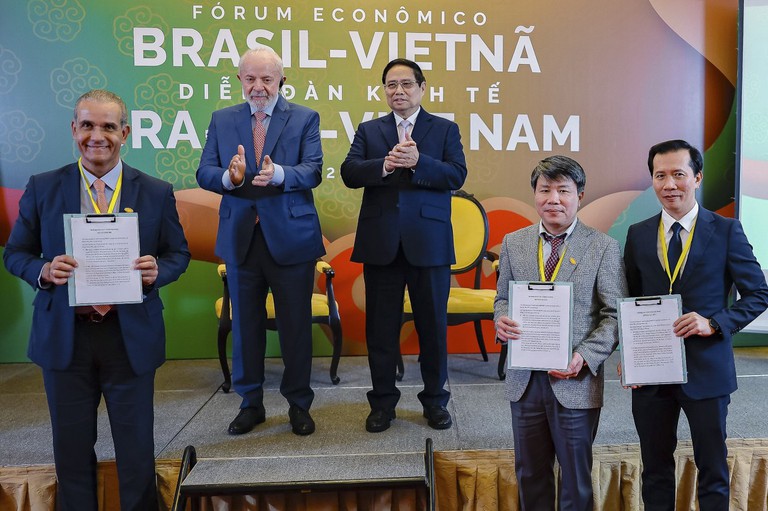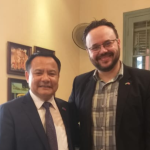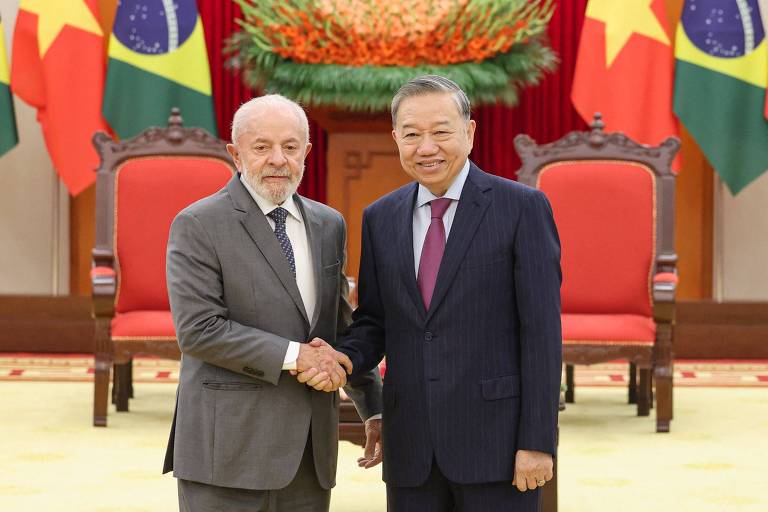President Luiz Inácio Lula da Silva’s official visit to Hanoi, from March 27 to 29, 2025, marked an important milestone in Brazil–Vietnam relations. Accompanied by ministers and government representatives, Lula reinforced bilateral ties across strategic areas, ranging from trade to science and technology.
During the agenda, five agreements were signed, including the Action Plan for the Implementation of the Brazil–Vietnam Strategic Partnership 2025-2030, covering key areas such as economy, innovation, environment, education, culture, and consular cooperation. Minister of Science, Technology, and Innovation, Luciana Santos, emphasized the shared path of development between the two countries and announced the first meeting of the Brazil–Vietnam Joint Committee on Science, Technology, and Innovation, scheduled for the second half of 2025 in Brazil.
The Brazil–Vietnam Economic Forum, held in Hanoi, was one of the highlights of the visit. In addition to President Lula and Vietnamese Prime Minister Pham Minh Chinh, the event gathered government authorities and business leaders from both nations. The Brazil–Vietnam Chamber of Commerce and Industry was represented by Vice President Natã Oliveira, along with Gustavo Igarashi, Kátia Tabata, and Lucas Pham. Their participation reinforced the Chamber’s active role in building institutional and business bridges between the two countries, fostering opportunities in strategic sectors.
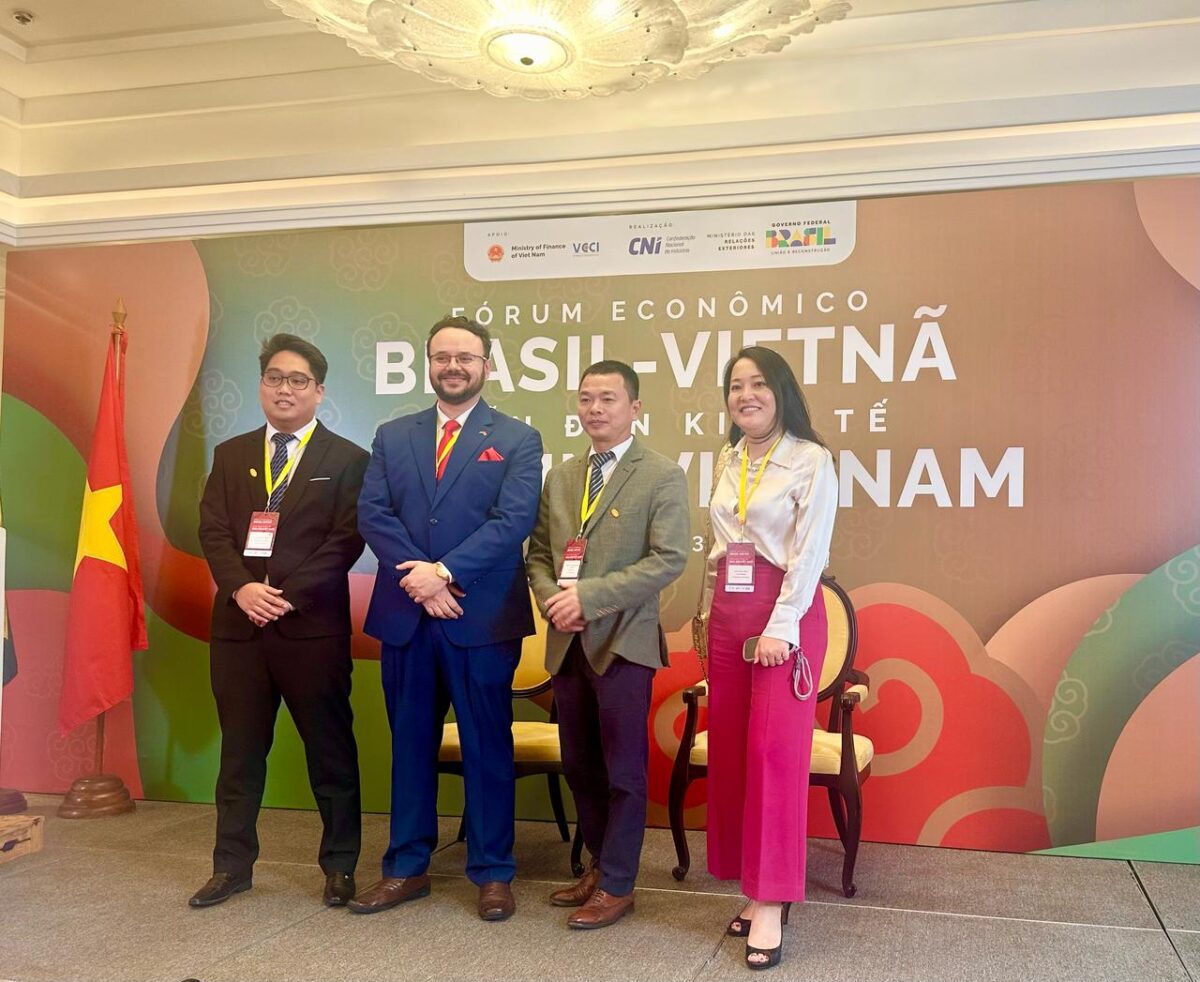
Another major announcement was the opening of the Vietnamese market to Brazilian beef, a milestone celebrated by Agriculture Minister Carlos Fávaro as the result of high-level negotiations. In 2025, Vietnam has already become the fourth-largest destination for Brazilian agribusiness exports, behind only China, the European Union, and the United States.
In the industrial and commercial fields, a memorandum of understanding was signed to create the Steering Group for Trade and Industrial Cooperation, aimed at expanding bilateral relations in biotechnology, semiconductors, sustainable mobility, and artificial intelligence. Additionally, Minister of Mines and Energy Alexandre Silveira highlighted opportunities in biofuels and invited Vietnam to participate in global energy transition initiatives.
At the conclusion of the visit, Lula and Vietnamese President Luong Cuong reaffirmed their commitment to achieving the goal of USD 15 billion in bilateral trade by 2030, with emphasis on sectors such as animal protein, aircraft, and renewable energy.
This productive agenda shows that Brazil and Vietnam are ready to further strengthen their relationship through diplomacy, innovation, trade, and sustainable development.
